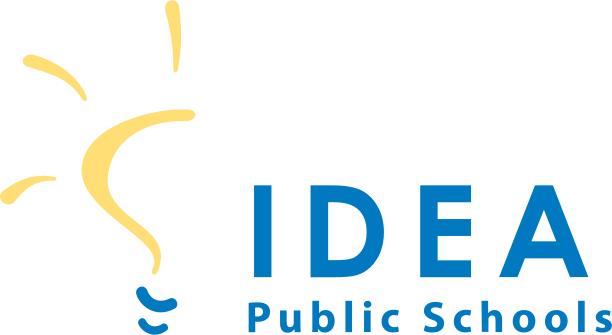The removal of two IDEA Schools officials is a rare dark mark on a charter school chain that has won national recognition for excellence, especially in an area that historically has been plagued with low achievement and high dropout rates.
Despite the success of IDEA and other successful charter schools, the idea still has opposition, especially from supporters of the traditional public school system. Such opponents might be inspired to jump on the recent scandal as the kind of problem that can happen at this kind of educational institution. In reality, however, the rapid action only reinforces the benefits of such a system.
CEO and co-founder JoAnn Gama and Chief Operating Officer Irma Muñoz left IDEA last month following “an in-depth legal and forensic review of financial transactions and activities of IDEA senior executives over the past several years,” a statement from new acting CEO Al Lopez.
Gama had replaced Tom Torkelson as CEO last year amid questions about expenses that included sports tickets and chartered airfare.
We can learn many things from this issue. The first is that few people are immune from the temptations that come with success, and some people succumb to those temptations. IDEA has built a reputation for excellence that any educational institution would admire: dropout rates are low and nearly 100% of its students qualify for admission into institutes of higher learning. That educational excellence doesn’t seem to have been affected by any questions about fiscal mismanagement. Many students families and even teachers and staff members might not even know about the audit and managerial shakeup.
Perhaps most importantly is the speed at which that shakeup occurred. An initial investigation that began last year led to the replacement of management last spring and summer. The latest review brought a new shakeup. We trust that IDEA is now in stable and responsible hands. If not, however, yet another correction would be warranted.
It is worth asking if such corrections would come so quickly in the traditional public school setting, where board members are popularly elected and even the administration of the district and schools themselves arguably is a political process.
The case of former Brownsville school board member Sylvia Atkinson, who last month was sentenced to 80 months in prison on bribery, extortion and other charges is a good illustration. The investigation that led to her indictment began in 2018 and she was indicted late that year. The criminal trial process and related litigation, which included legal efforts to retain her position, took more than two years.
In like manner, some charter schools have not performed as well as IDEA, and corrective action in most cases has been swift; state education officials have ordered corrections and even taken over or closed such schools. Such rapid action moves students out of the inadequate environment quickly, rather than let them languish in underperforming public schools that can take years to address.
Sometimes a system best proves itself during times of adversity. We trust that the corrections at IDEA schools not only proves the validity of the system, but offers an example of how problems should be addressed.




